House of Cards Online

Francis Urquhart is the Chief Whip of the Conservative Party. When Margaret Thatcher resigns as leader, he remains neutral and, after a general election in which the Conservatives are returned with a reduced majority, he fully expects the new Prime Minister, Henry Collingridge, to give him his just reward: a senior Cabinet post. When he's informed that he is to stay in his current position, he devises a plot to unseat Collingridge and ensure his own election as party leader which would make him Prime Minister.
| Complete series cast summary: | |||
| Ian Richardson | - | Francis Urquhart 4 episodes, 1990 | |
| Susannah Harker | - | Mattie Storin 4 episodes, 1990 | |
| Miles Anderson | - | Roger O'Neill 4 episodes, 1990 | |
| Alphonsia Emmanuel | - | Penny Guy 4 episodes, 1990 | |
| Malcolm Tierney | - | Patrick Woolton 4 episodes, 1990 | |
| Diane Fletcher | - | Elizabeth Urquhart 4 episodes, 1990 | |
| Colin Jeavons | - | Tim Stamper 4 episodes, 1990 | |
| Damien Thomas | - | Michael Samuels 4 episodes, 1990 | |
| William Chubb | - | John Krajewski 4 episodes, 1990 | |
| Kenneth Gilbert | - | Harold Earle 4 episodes, 1990 | |
| Christopher Owen | - | McKenzie 4 episodes, 1990 | |
| David Lyon | - | Prime Minister Henry Collingridge 3 episodes, 1990 | |
| Kenny Ireland | - | Ben Landless 3 episodes, 1990 | |
| James Villiers | - | Charles Collingridge 3 episodes, 1990 | |
| Isabelle Amyes | - | Anne Collingridge 3 episodes, 1990 | |
| John Hartley | - | Greville Preston 3 episodes, 1990 | |
| Nicholas Selby | - | Lord Billsborough 2 episodes, 1990 | |
| Tommy Boyle | - | Stephen Kendrick 2 episodes, 1990 | |
| John Arnatt | - | Sir Jasper Grainger 2 episodes, 1990 | |
| Richard Braine | - | Kevin Spence 2 episodes, 1990 | |
| Hugh Dickson | - | Dr. Andrew Christian 2 episodes, 1990 | |
| Angela Rippon | - | Newsreader 2 episodes, 1990 | |
Francis Urquhart's catchphrase "You might very well think that; but I couldn't possibly comment" (meaning "Yes, but I'll deny everything if challenged") has become part of the English political language. "Urquhart's Avoidance" is as widely known as real-life political euphemisms such as "he wants to spend more time with his family" ("he's been sacked or resigned in disgrace") and "he's been economical with the truth" ("he's told blatant lies to save his own skin").
By complete chance, the first BBC showing of the series exactly coincided with the real life Tory leadership contest and the removal from office of long-running Prime Minister Margaret Thatcher.
Ian Richardson said he based his performance of the scheming Francis Urquhart on the way Shakespeare portrayed Richard III.
The french half-glasses which Urquhart wears were bought personally by Ian Richardson, as he thought they would be perfect for his character. He didn't send the receipt to the BBC after the series as he wanted to keep them.
John Major's then-running campaign for the leadership of the Conservative Party, following Margaret Thatcher's ousting, actually downed tools when the series aired in order to watch it.
Francis Urquhart was also a real-life Dean of Balliol College, Oxford in the 1920s. He was infamous for his hypocritical ways. He was a staunch Catholic but was also gay. He shut down an Oxford drinking cub frequented by writer Evelyn Waugh.
Roger O'Neill's habit of blowing his nose repeatedly is supposed to indicate that he is a heavy cocaine user.
On the first day of filming, production designer Ken Ledsham pulled a practical joke on director Paul Seed by showing the rest of the cast and crew a video of Seed's over-the-top performance as the villain in the Doctor Who (1963) story Doctor Who: The Ribos Operation: Part One (1978), which both had worked on earlier in their careers when Seed was still an actor.
Michael Dobbs had a different ending in his original novel. It was Francis Urquhart, not Mattie Storin, who fell to his death from the tower of the Houses of Parliament. The BBC's ending was fortunate because it allowed Dobbs to write the sequels To Play the King (1993) and The Final Cut (1995).
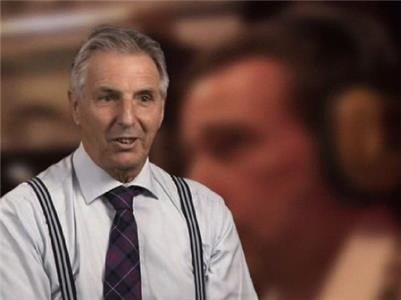
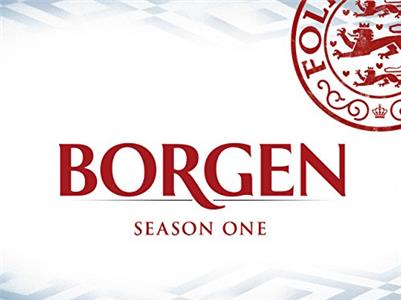
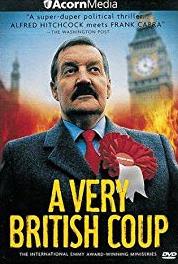
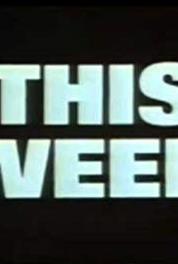
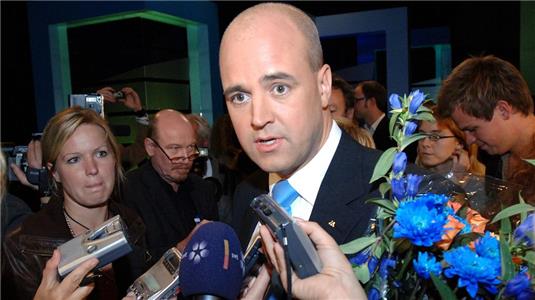
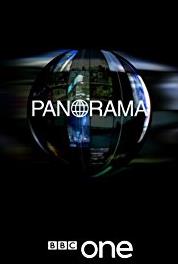

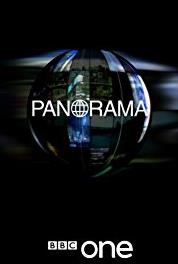
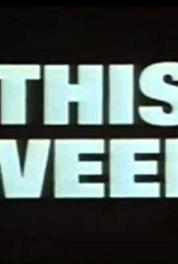
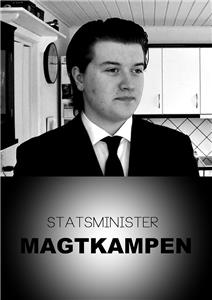
User reviews